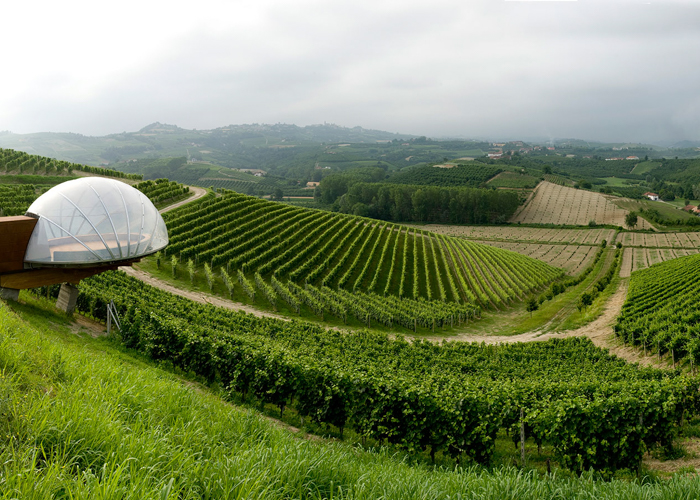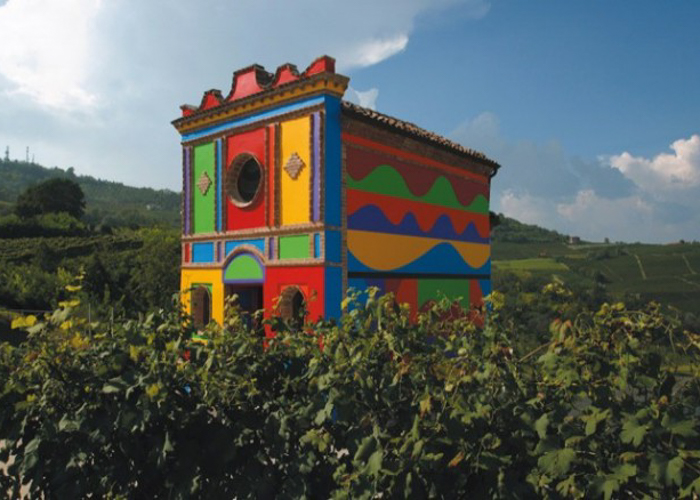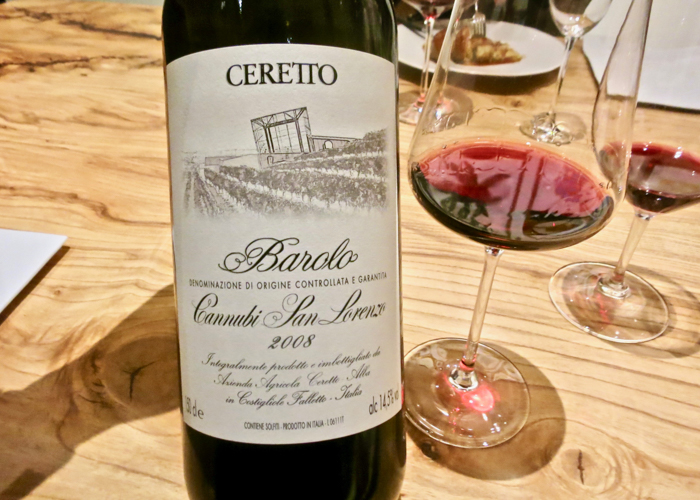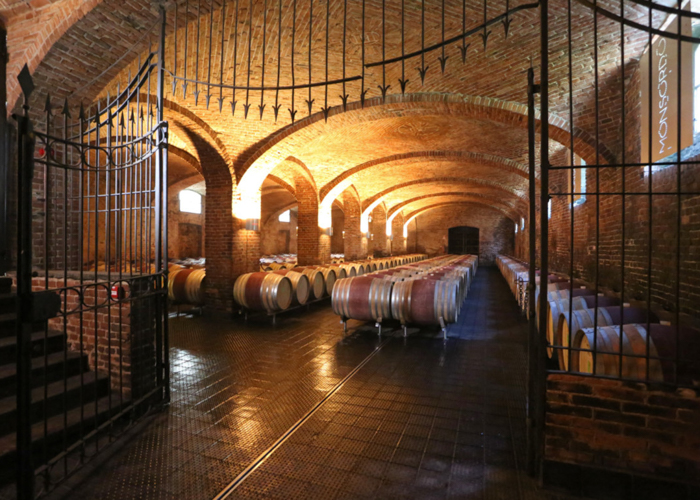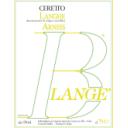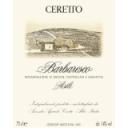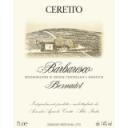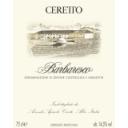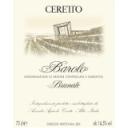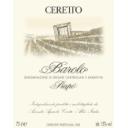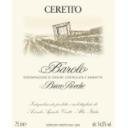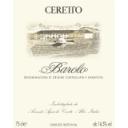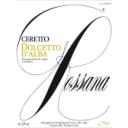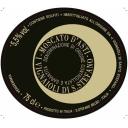Ceretto
Among the infinite rows of vines that run across the undulating hills of Piedmont are the four wineries of Ceretto, a wine and spirits company in its third generation. Founded by Riccardo Ceretto in 1937, the highly respected firm is now run by his sons, Bruno and Marcello (dubbed the “Barolo Brothers”) who in the 1960s began raising Ceretto’s profile and expanding its holdings. Now their sons and daughters are at the helm of the Langhe DOC company, which holds a total of 120 hectares of land that are the birthplace of an array of elegant still wines, sparkling wines, dessert wines, and spirits.
The first Ceretto estate was Bricco Asili, built in 1973 and still a top Barbaresco producer. The philosophy here is “low volume – high quality”, and only 20,000 bottles of the high-end wines Bricco Asili and Bricco Asili Bernadot are made on the 6-hectare estate. This forward-thinking winery, one of the first in Piedmont to use stainless steel fermentation tanks back in the 1970s, has long been known for its daring, cutting-edge wines.
Another important winery is Vignaioli di Santo Stefano, built in 1976 in the village where the label’s founder, Riccardo Ceretto, was born. Grapes from this 15-hectare estate and from a 20-hectare hillside nearby are used to make the sweet wines Moscato d’Asti, Asti Spumante, and Moscato Passito. Following Vignaioli di Santo Stefano in size is the Bricco Rocche winery in Castiglione Falletto, in the Barolo wine-growing area. Some 40,000 bottles of Barolo are made from the grapes on this 11-hectare estate. The elegant, clean-lined winery itself was designed by the Turin architect team De Abate.
The company headquarters is now in the Monsordo Bernardina winery on the outskirts of Alba (home of the annual truffle fair). The well-loved wines Arneis Blangé, Arbarei, Brut La Bernardina, Monsordo, Dolcetto Rossana, Barbera Piana, Nebbiolo Bernardina, Barbaresco Asij, Barolo Zonchera, and Barolo Chinato are all made here. Each of the Ceretto wines, wineries, and cultural projects offers a unique view into the history and traditions of the Langhe area effortlessly blended with the fervor for constant evolution and innovation so characteristic of the family.
